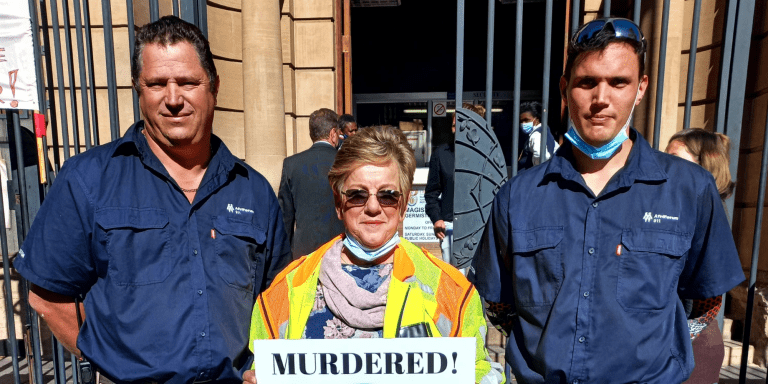AfriForum identifies best and worst municipalities
The civil rights organisation AfriForum’s Centre for Local Government’s list of the best and worst municipalities in South Africa shows what a huge gap there is between the different provinces’ municipalities.
Dr Eugene Brink, manager of the Centre for Local Government, says the five best municipalities are all located in the Western Cape and include Witzenberg, Swartland, Mossel Bay, Drakenstein and Swellendam. “They are not perfect, but the data does not lie about how far ahead they are in terms of the most important elements in municipal management. No municipality elsewhere in the country is even close to trumping them, but there were still municipalities in the Western Cape that could compete to make this prestigious list.”
“Although they still experience unemployment and poverty, it is so much lower than in other municipalities. Their service delivery and management is also incomparable with not only those of the worst municipalities, but also with the average municipality in the country.”
The five worst municipalities are Ingquza Hill and Ntabankulu in the Eastern Cape, Tswaing and Ratlou in North West, and uMhlabuyalingana in KwaZulu-Natal. “These municipalities typically experience high unemployment, poor service delivery and are poorly to very poorly managed from a financial point of view.”
“Very few households in these municipalities have tap water in their homes, enjoy weekly refuse removal by the municipalities and have sewage. Poor services and infrastructure also lead to businesses moving away or not even considering investing there, which in turn exacerbates unemployment. They have repeatedly received poor audits from the Auditor-General (AG) and simply do not care.”
“What is even more shocking is how many municipalities were also able to make this infamous list because they show many similar characteristics. Residents have a chance on 1 November to help rectify this state of affairs, but simply voting will not solve these deep-rooted problems. Communities will have to constantly change their destiny by jumping in and making a difference,” says Brink.
Click here to read the full report.











